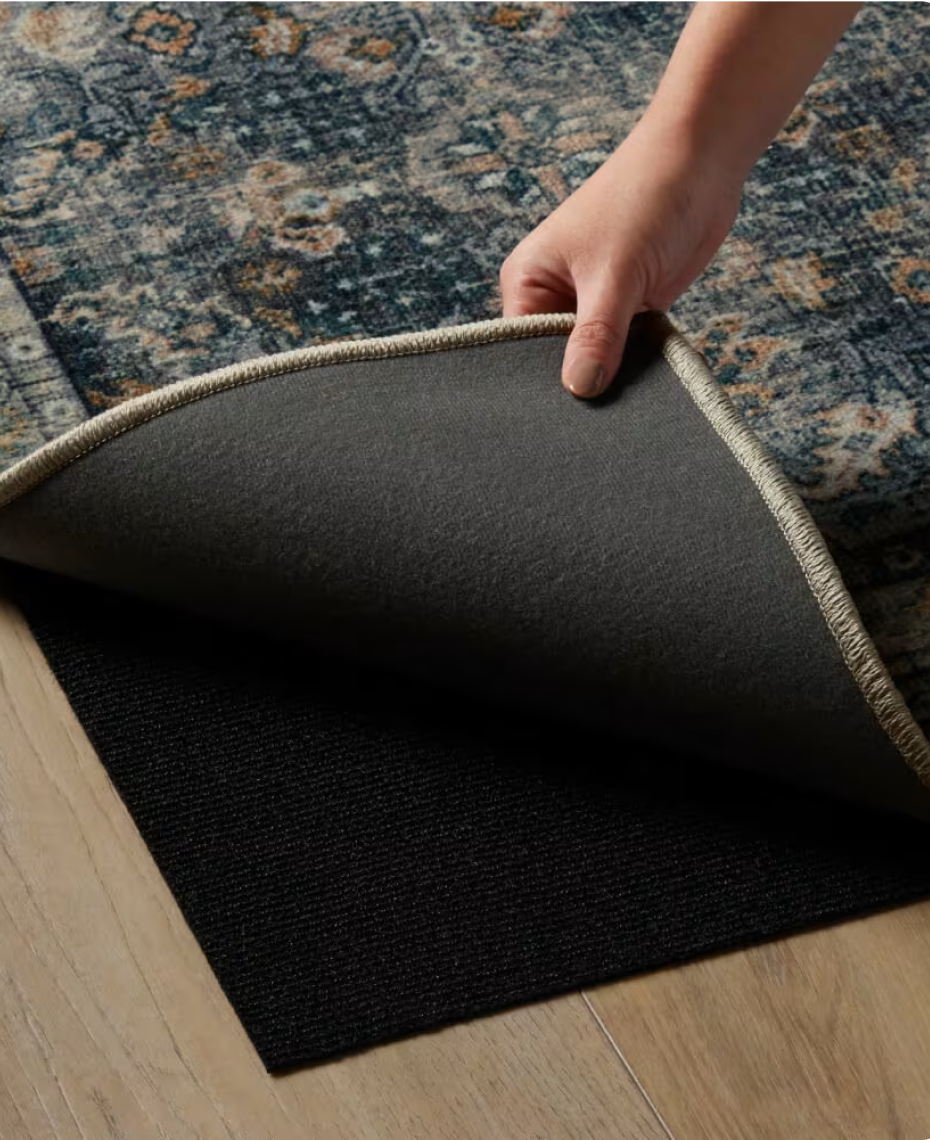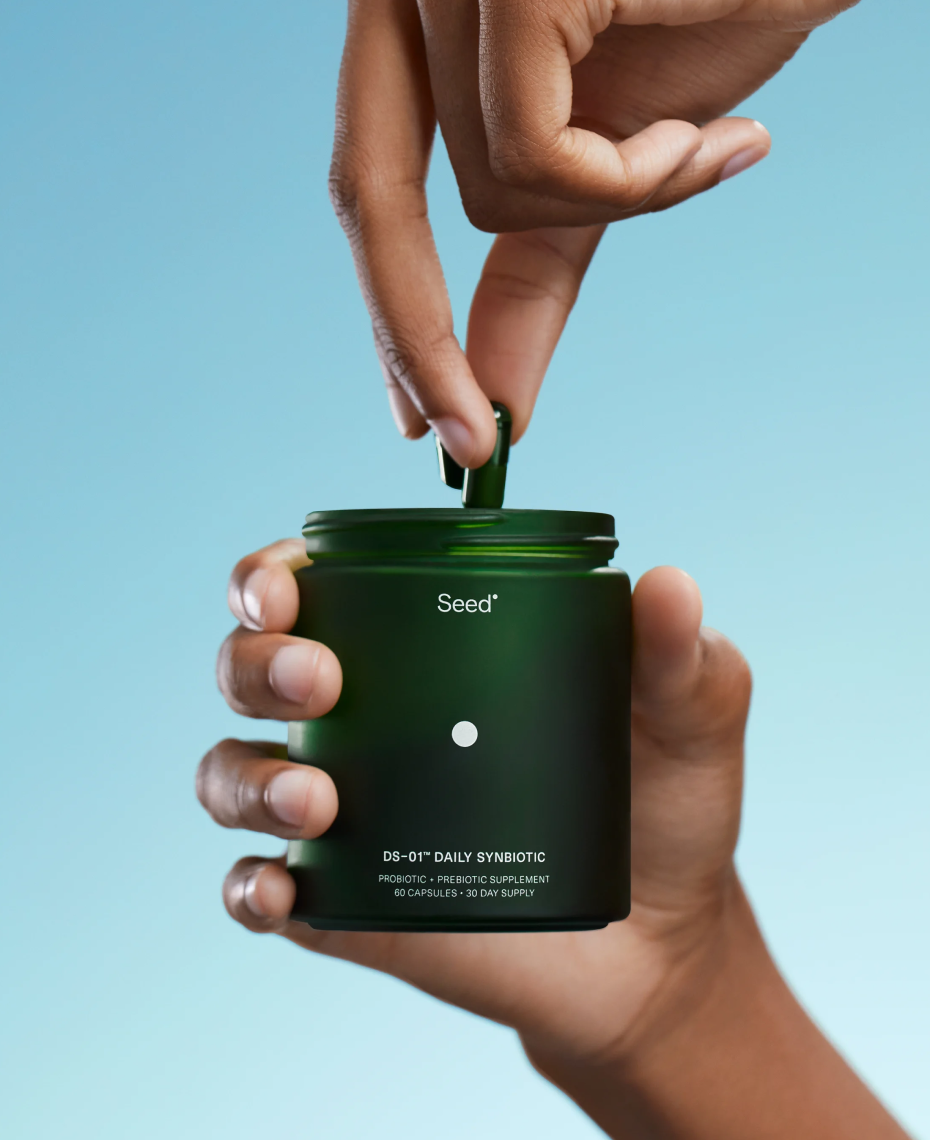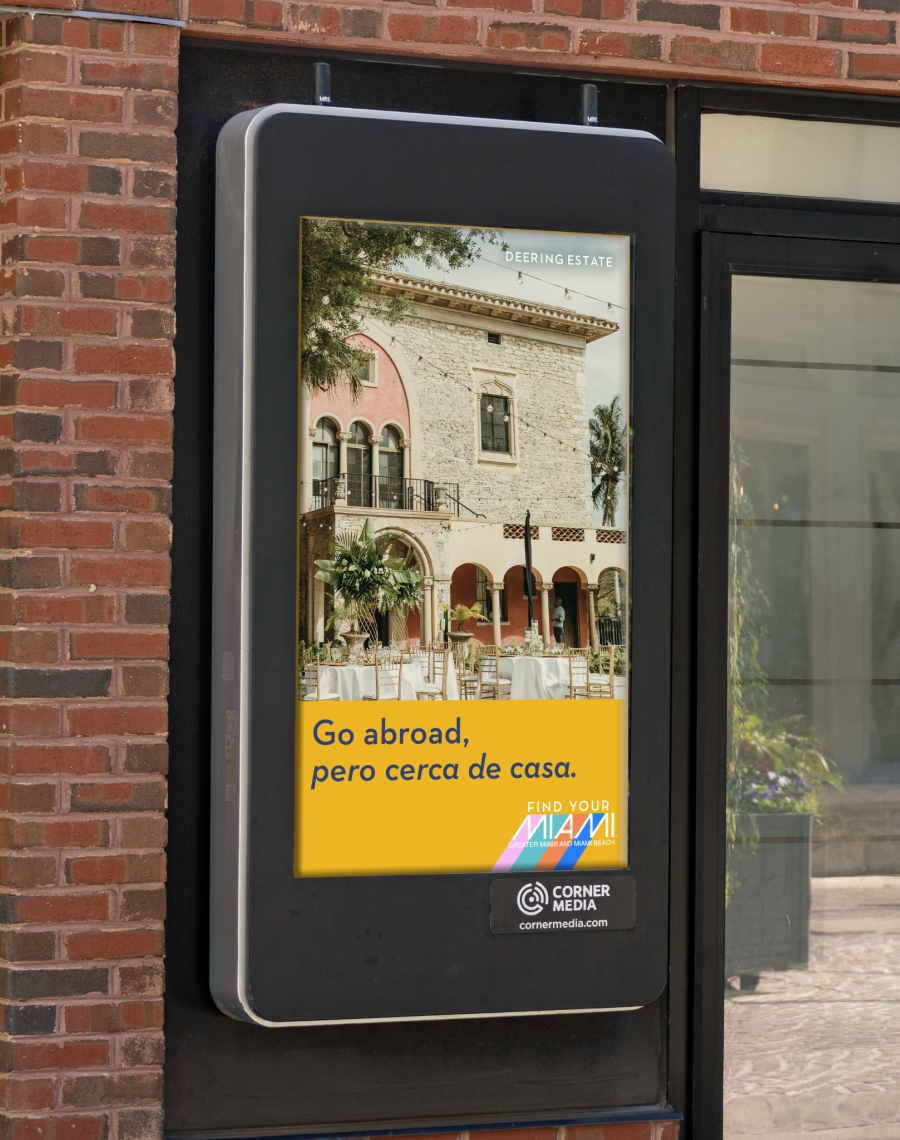I can actually step away from my desk and know the data’s still flowing and that things are running smoothly.
When Mary Murphy first encountered Parabola, she was actually quite skeptical
As the Senior Supply Chain Manager at Mockingbird, a fast-growing baby gear brand, she worried that implementing a new data automation tool might just be a temporary fix for deeper operational challenges. “At first I was kind of anti-Parabola,” Murphy recalls, “only because I was like, if this is just an interim solution, I don't want to spin my wheels.”
Today, Murphy sings a different tune:
If we didn’t have Parabola anymore, it would be a big setback,” she says. “The visibility it gives me—and what it’s done for my work-life balance—has made such a difference.”
Murphy’s evolution from skeptic to advocate reveals what happens when the right tool meets a true business need: efficient automation that delivers both cost savings and peace of mind.
Here’s Mockingbird’s story.
The problem
Use case 1
When Parabola landed on the Mockingbird team’s desk, they were managing increasing operational complexity across multiple warehouses—all without the overhead of a traditional ERP system.
After launching their first strollers in 2019, the company experienced explosive growth during 2020 when traditional retail channels were disrupted. “We really took off amid Covid when a lot of the retailers shut down. Buyers could no longer go into the stores to trial strollers,” Murphy explains. This had parents looking for an online experience that could rival shopping for strollers in stores. (Mockingbird ships strollers for free and offers customers 30 days to try the product, commitment-free.)
Murphy leads Mockingbird’s supply chain operations, overseeing areas from production planning and inventory management to warehouse operations and ocean freight. Working alongside a lean group of cross-functional and external collaborators, her team coordinates a complex logistics network with agility.
“Like many startups, we keep things flexible,” Murphy says. “We use Shopify, Anvyl, and we have our WMS integrations. A lot of our planning tools are still in Google Sheets and Excel. It worked for us early on—but as we scaled, the manual overhead grew too.”
Before implementing Parabola, Mary spent hours each Monday manually pulling and combining data from SQL queries, warehouse systems, and production schedules across four manufacturers. “It took hours to piece everything together across multiple sheets and data sources,” Murphy recalls. This manual process wasn’t just time-consuming—it also increased the chance of errors and slowed the team’s ability to respond to changing demand.
This made inventory allocation particularly challenging. With 70% of customers shipping from Mockingbird’s east coast warehouse, any misallocations to the west coast added $17–20 per stroller in unnecessary costs.
“That’s a lot of money,” Murphy notes. “Our products are not small.”
The solution
Use case 2
At the heart of Mockingbird’s Parabola Flows is a 250-step “Weeks of Supply” Flow that pulls and blends data from:
- Real-time inventory levels from Shipwire
- Sales data from Shopify (including complex bundle SKU breakdowns)
- Production schedules across manufacturers
- Forecast data from Google Sheets
- Warehouse performance metrics from Looker
This system supports the team’s flexible fulfillment model. Mockingbird purchases strollers and canopies separately to allow for more dynamic inventory decisions. “We don’t come pre-bundled,” Murphy explains. “That gives us more flexibility—but it does add some complexity on the backend.”
Example of consolidated inventory reporting in Parabola
The team also implemented sophisticated warehouse logic through Parabola. “If it can ship in full from the non-optimal warehouse, it will. If it can't, then it splits,” Murphy says. This helps balance service and cost.
With Parabola, the supply chain team now has clear visibility into inventory and forecasting metrics by warehouse. This enables more proactive rebalancing and sharper inventory decisions.
The results
Use case 3
Parabola has delivered measurable improvements across the supply chain and beyond:
- The team now saves ~6 hours a week on manual data work
- Better allocation has saved tens of thousands of dollars in reduced shipping costs
- Cross-functional teams can now access key metrics even when Murphy is out
- Other teams, including Quality & Marketing, have begun using Parabola for data capture and analysis & forecasting
The impact on daily operations has been significant. “Even something as simple as downloading all our container receivings from our WMS and sending them to a Google Sheet…our Parabola Flow saves me 5–10 minutes a day, but it adds up,” Murphy says.
The tool has also boosted collaboration across the org.
“We had a demand planning meeting this morning,” Murphy shares, “and I asked our marketing manager, ‘Can you add this line of data into your charts?’ And she said, ‘Oh yeah, it’s in Parabola—I’ve got it.’”
Murphy estimates the improved allocation process alone has already saved “tens of thousands of dollars…and only growing.” With thousands of orders per week, even small efficiency gains have a major financial impact.
The success of the implementation has led to wider adoption.
Our team encouraged other departments to explore Parabola because it’s been so valuable.” Murphy says.
“I can actually step away from my desk and know the data’s still flowing and that things are running smoothly.”
Looking ahead, the team is continuing to build. They’re currently developing a warehouse SLA Flow to track processing time and throughput against forecasted demand. “The goal is to show how many orders each warehouse is processing daily, how many units they’re shipping, and how that compares to our forecasts,” Murphy explains.
Try vendor scorecard reporting in Parabola to track OTIF delivery rates.
Parabola is now embedded across Mockingbird’s operations, providing the scalable data infrastructure the company needs as it expands beyond strollers — without the cost or rigidity of traditional ERP systems.

.webp)




%20(3).png)

.webp)


















.png)
.webp)











